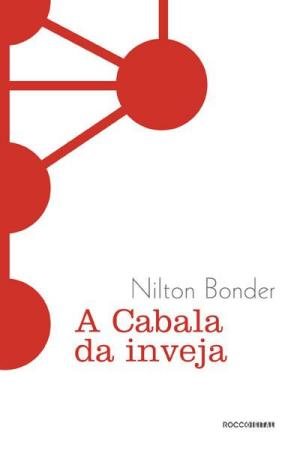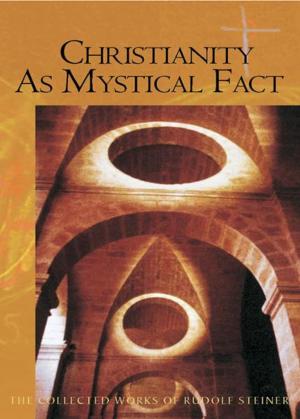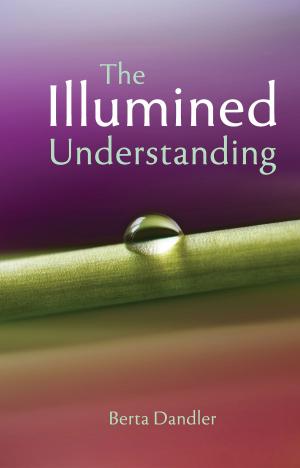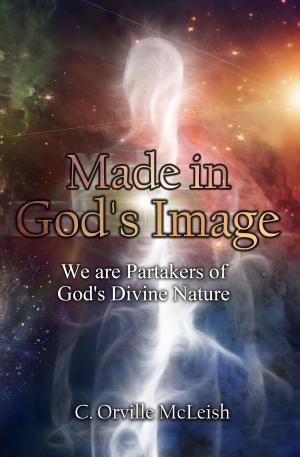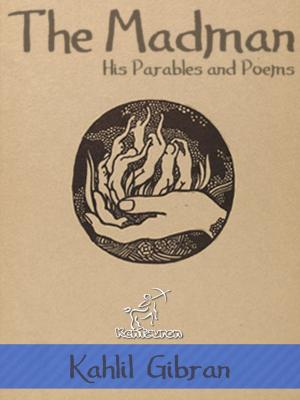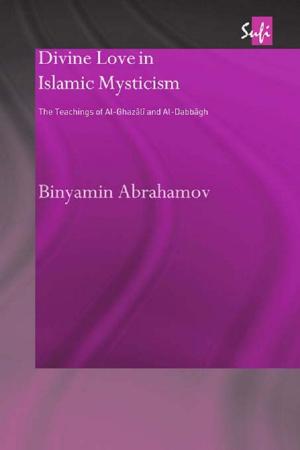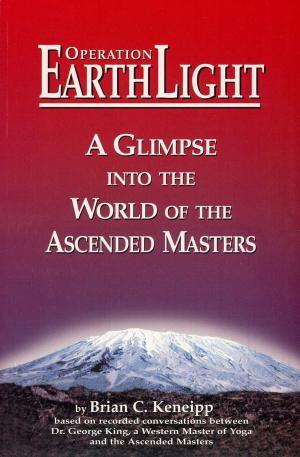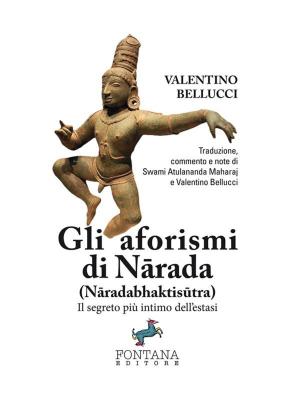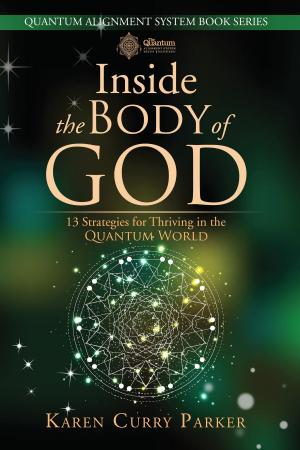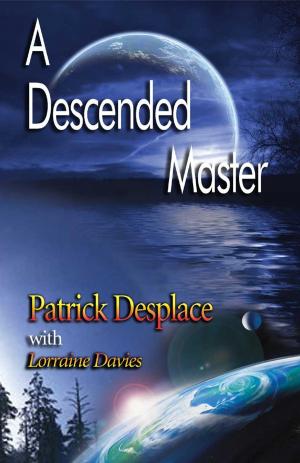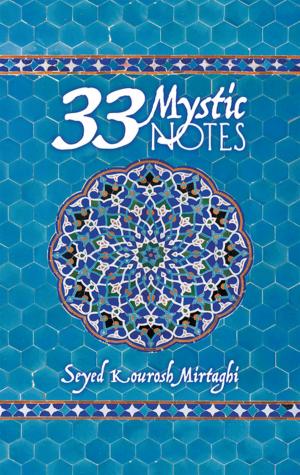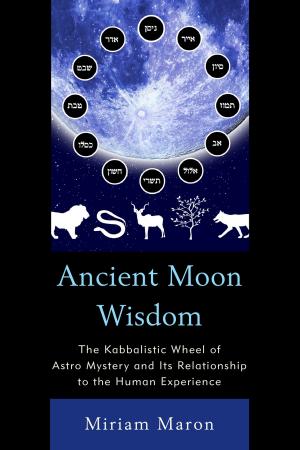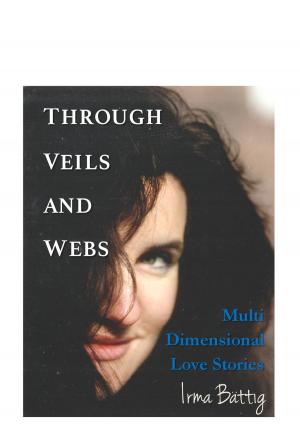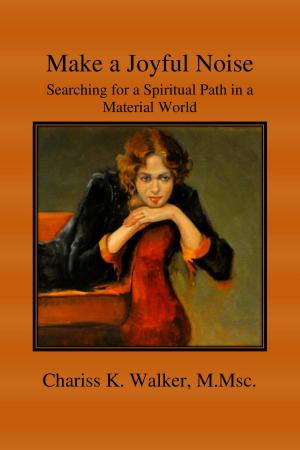To the Lake and Selected Poems
Nonfiction, Religion & Spirituality, Philosophy, Metaphysics, New Age, Mysticism| Author: | Steven Fortney | ISBN: | 9781386914150 |
| Publisher: | Steven Fortney | Publication: | December 1, 2017 |
| Imprint: | Language: | English |
| Author: | Steven Fortney |
| ISBN: | 9781386914150 |
| Publisher: | Steven Fortney |
| Publication: | December 1, 2017 |
| Imprint: | |
| Language: | English |
Steven Fortney started life in Rogers, North Dakota and was born 2 January 37 in Minneapolis Swedish Hospital. Raised in the Lutheran Church by a Chaplain and later Pastor father, in a military family that traveled extensively all over the United States in Army Posts, including childhood residences in Germany and Austria, immediately after WWII.
Has published poems in many magazines and anthologies and has been listed in A Directory of American Poets and Fiction Writers, since the 1989-90 Edition.
To the Lake contains poems which represent the life pilgrimage of the author. Beginning with an early skepticism, the poetry arrives at a complex and wide-ranging philosophical and spiritual world view. The poetry expresses a deeply humane stance that echos Neo-agnostic Buddhism, radical Progressive Christianity, and the skepticism of Hume--but transcends a narrow secularity to hint at the deeper dimensions of human spirituality.
Steven Fortney started life in Rogers, North Dakota and was born 2 January 37 in Minneapolis Swedish Hospital. Raised in the Lutheran Church by a Chaplain and later Pastor father, in a military family that traveled extensively all over the United States in Army Posts, including childhood residences in Germany and Austria, immediately after WWII.
Has published poems in many magazines and anthologies and has been listed in A Directory of American Poets and Fiction Writers, since the 1989-90 Edition.
To the Lake contains poems which represent the life pilgrimage of the author. Beginning with an early skepticism, the poetry arrives at a complex and wide-ranging philosophical and spiritual world view. The poetry expresses a deeply humane stance that echos Neo-agnostic Buddhism, radical Progressive Christianity, and the skepticism of Hume--but transcends a narrow secularity to hint at the deeper dimensions of human spirituality.


